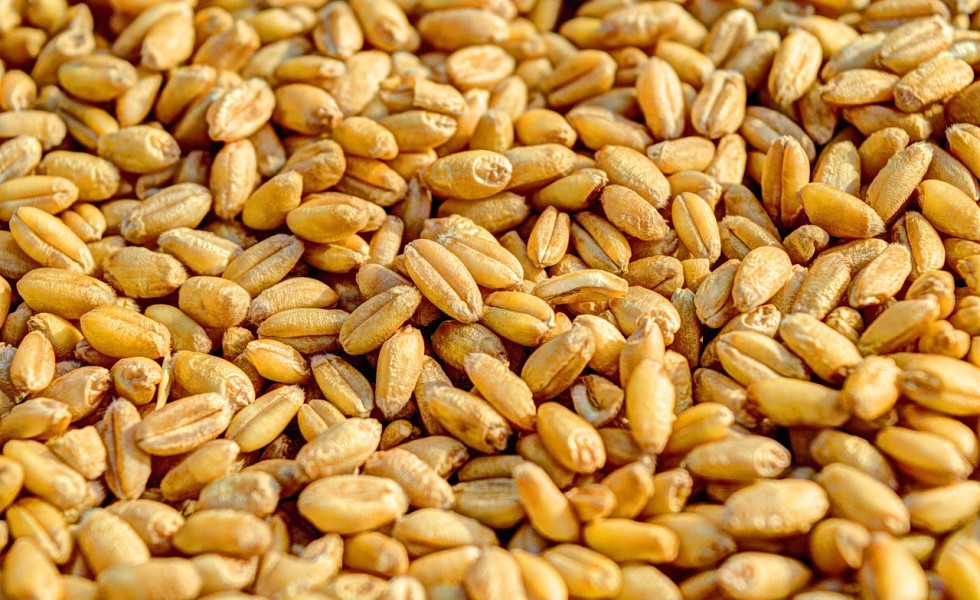Rural America Shouldn’t Be a Dump Site for Corporate America
Posted on March 11, 2021

There’s a clear lesson in the chemical and ethical cloud now shrouding AltEn, a 25-million-gallon per year ethanol plant just south of Mead, NE.
In fact, there’s more than one lesson but the big one—how rural America is becoming a legal dumping ground for wastes created by corporate America—may be AltEn’s enduring legacy.
The plant, opened as E3BioFuels in 2007, was to be unique because methane from anaerobic digesters fueled by manure from a nearby cattle feedlot helped power it. Distiller’s grain, an ethanol byproduct, would then be fed back to the cattle.
That closed-loop system was an engineering challenge. A boiler explosion in late 2007 led to bankruptcy and a long shutdown. In 2011 the plant was purchased by a Kansas City group with a new business plan.
But the plan, like the investor group, was murky. Recent reporting by The Guardian and the Lincoln (NE) Journal Star, shows that in 2014 the Mead plant, now AltEn, received a “conditional” permit to restart. In June 2015, AltEn notified Nebraska regulators that if it used “discarded seed” to make ethanol, the resulting distiller’s grain would not be used for cattle feed but composted.
That revelation was an early indication that AltEn wasn’t using farm-grown corn as its ethanol feedstock. Moreover, reported The Guardian Jan. 10, AltEn was the only U.S. ethanol plant (out of 203) to use seed coated with “fungicides and insecticides, including those known as neonicotinoids, or neonics.”
The reason was clear: “Instead of paying to incinerate unused treated seed or paying fees to dispose of it in a solid-waste facility,” reported the Journal Star Feb. 14, “seed companies could haul or ship the seed to the village [of Mead]… where AltEn would accept it at little to no cost.”
And, boy, did it.
“AltEn soon cornered the market… receiving ‘nearly 98% of all the discard created by the seed industry in North America…’” It “touted to potential customers in (an) Aug. 3, 2020 email” that it was “processing 600,000 to 900,000 pounds of treated seed into ethanol daily.”
Every pound, however, created byproducts—principally distiller’s grain and water—laced with “neonics levels,” explained The Guardian that were “just off the charts.”
Way off. One neonic, clothianidin, has a “benchmark” of 11 parts per billion (ppb),” according to the U.S. Environmental Protection Agency (EPA), explained the newspaper. One test at the plant, however, recorded “a staggering 427,000 ppb” in a sample.
Other contaminants hit lunar levels, too. “High levels of 10 other pesticides were also found in the plant lagoon,” reported The Guardian, a wastewater system that “holds approximately 175 million gallons.”
The details of AltEn’s biomass mess—its peddling suspicious byproducts as a “soil additive;” the state’s shabby monitoring of the plant, its opaque ownership, and the seed industry’s complicity in making Mead into “A dump for seed companies”—all made for a classic case of corporate sharpies exploiting cracks in rural America. (Read supporting documents at farmandfoodfile.com.)
But that’s an old story. BigBiz often turns rural America’s eager search for new jobs, new taxes, and new people into a shovel to either ditch its dirty secrets or bury its dirty byproducts.
Big Meat, in fact, has been doing it for decades.
Iowa, for example, is home to 110 million head of livestock and poultry grown almost exclusively under contract for packer-integrators. The animals, calculates Christopher Jones, a research engineer at the University of Iowa, produce the equivalent waste of 165 million people, a number 51 times more than the state’s actual population.
That creates a lot of “byproduct” just so America can enjoy cheap chicken, cheap eggs, and cheap ham.
That also creates a bigger problem when, inevitably, these byproduct “dumps” become a problem: Assigning fault is as rare as finding fixes and regulatory rules either don’t exist or are purposely so vague that businesses often skate around them.
And that just stinks. For proof, ask the people who live in Mead, NE.
© 2021 ag comm

Pingback: The Way Back | stevewiegenstein